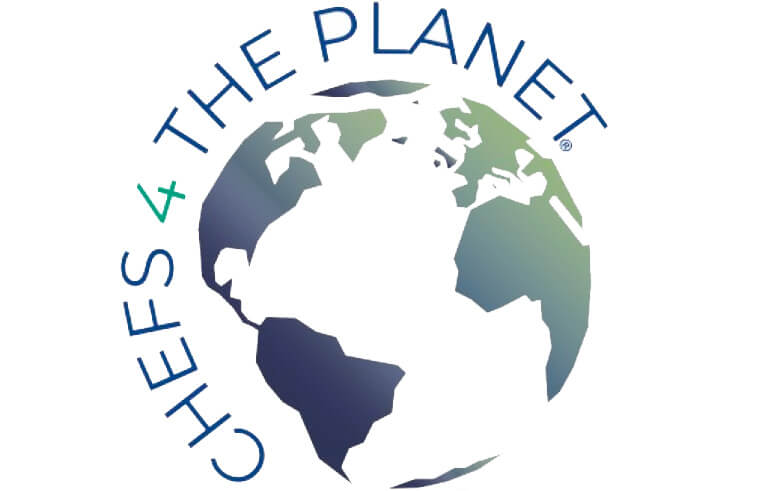A journalist who has spent decades investigating ‘big ag’ explains why the drive for cheaper food has come at too high a price. by Andrew Wasley.
As we walked quietly through the trees, the water ahead looked like a manmade fishing lake, or maybe a small reservoir. We were in a strip of forest, along a single-track road, making our way towards a huge industrial farm. It was overcast and the high trees made the day even more gloomy.
We had been hired to investigate conditions on farms supplying UK supermarkets for a TV programme and not-for-profit campaign, and that was how we found ourselves at this giant pig farm in Poland. The arrival of foreign meat companies in the country was proving controversial. Local people were worried about the environmental consequences – as well as impacts on smaller-scale farmers – of having a multinational meat firm pitch up on their doorstep.
We had arrived the day before, sleeping very little before driving for hours into the countryside. I was twitchy, a little nervous, head aching from a night on a lumpy, unfamiliar mattress. We knew the farm was around here somewhere, but weren’t sure which direction to take. And then ahead of us, through the trees, we spotted the lake. At the same time the smell reached us: an appalling stench, one of the worst smells I have ever encountered in my life.
This was no lake. It was an open cesspit, a vast lagoon full of waste from the pig farm. Floating beneath the surface were the bodies of pigs in various stages of decomposition. Through the filth we could see snouts and curly tails.
Everywhere was the detritus of factory farming – plastic syringe casings, needles and white clinical gloves – floating in the rancid pool and discarded on adjacent farmland. It was the first time I’d ever stepped on to a factory farm. It was a moment I would never be able to forget.
I grew up mainly in towns and cities. My experience of farming was limited to those compulsory-but-dull school or Scouts visits to the local dairy, or the livestock you might come across during family days out in the countryside.
In the early 1990s, I remember seeing television reports about the BSE scandal and hearing talk about the perils of eating beef. But I was a teenager. I had more important things to worry about. But in 2001, the foot and mouth disaster unfolded across the UK, with its burning cattle pyres and “no entry” signs erected across the countryside. This time I paid attention. The whole episode – devastated farmers, a rural economy in tatters, millions of farm animals culled, political wrangling and endless debates about who or what was to blame – highlighted somehow that something had gone wrong with the way we were farming and producing food.
Read the rest here: https://www.theguardian.com/environment/2020/aug/04/one-thing-ive-learned-about-modern-farming-we-shouldnt-do-it-like-this


